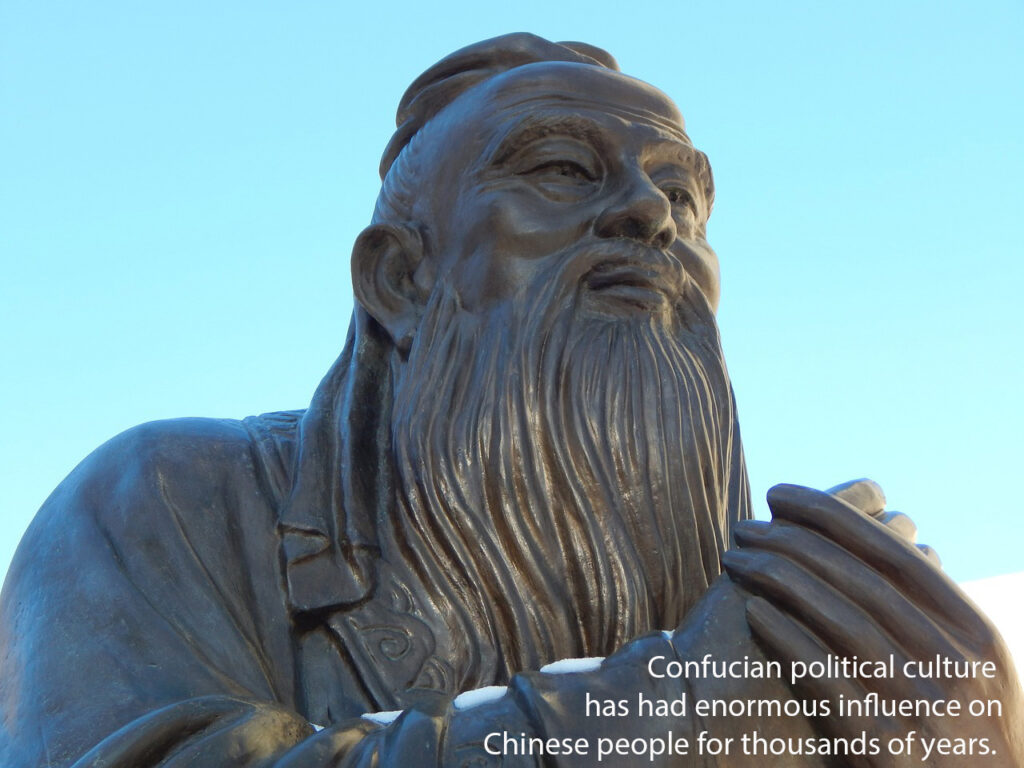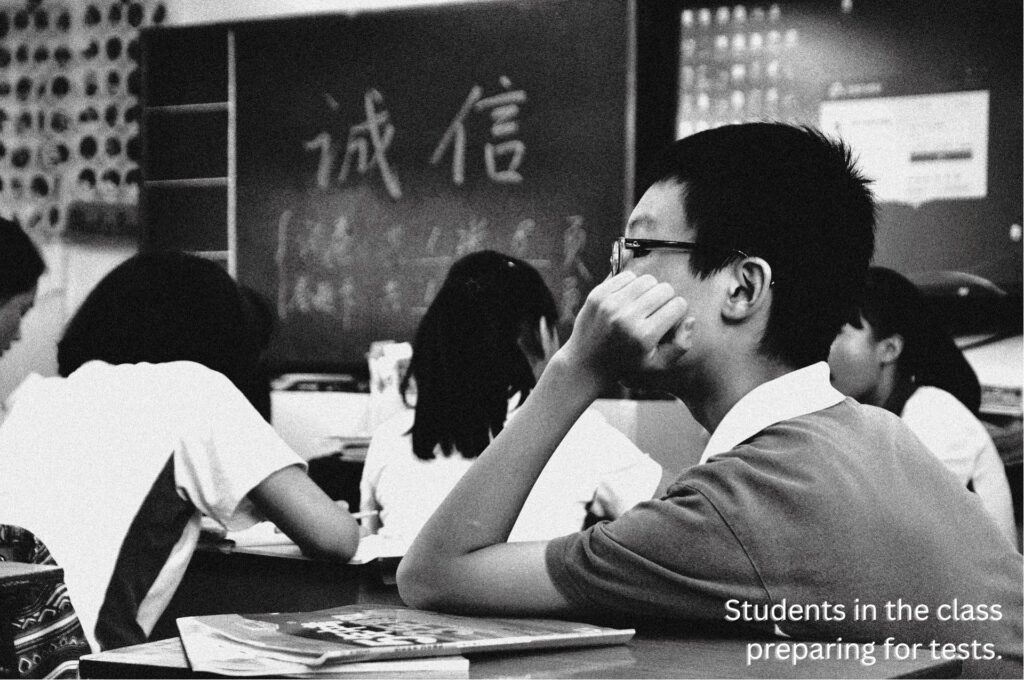We are delighted to introduce our readers to GCM, an independent prayer ministry which publishes a monthly email newsletter via MailChimp. Each issue includes an article and items for prayer. You can subscribe in English, simplified Chinese, or traditional Chinese by clicking here. The article below is from the September 2023 issue of GCM and is reprinted with permission.
From 2023 onwards, many scholarly observers of contemporary Chinese society have been paying attention to the approximately 20% unemployment rate among those aged 16-25. Recently some scholars have pointed out that if other unique features of post-pandemic Chinese society are combined with the youth phenomenon of “lying flat,”1 then the youth unemployment rate reaches a jaw-dropping 46.5%.2 And it becomes obvious that widespread youth unemployment will not be easily remedied in the near future due to the unsatisfactory speed and degree of post-pandemic economic recovery. Another phenomenon which causes even more concern is that of “involution” which is plaguing China’s young people.
Involution
“Involution” is the opposite of “evolution.” It refers to involvement or engagement which lacks any significant meaning. In their workplaces, young adults are just going through the motions, giving the impression of striving for excellence, but in reality, only repeating by rote what has gone on before. They have no opportunities to display their talents or their enthusiasm.
A clear example of this is that in 2008 China surpassed the United States as the country where the most doctoral degrees were awarded in the world.3 Considering its vast population, the number of people with higher degrees is not that striking, but there is no doubt that China now has the most PhDs, professors, and researchers in the world. Regrettably, though, China’s competitive strength in technology and creativity does not correlate with the numbers of advanced degree holders. For example, a simple chip ban can lead to a large-scale contraction in China’s semiconductor industry. Culturally speaking, Chinese people think of themselves very highly, and yet Korean pop culture has captured the hearts of the majority of Chinese youth and shapes contemporary Chinese cultural trends. These examples show that it is not that Chinese people aren’t striving hard enough. Rather, it is the case that the intelligence and abilities of countless millions are imprisoned within an institutionalized “involution culture;” they can’t break free and as a result there’s a gigantic waste of human resources.
Confucian political culture has had enormous influence on Chinese people for thousands of years. The Confucian hierarchical ordering of society, “ruler, minister, father, son”4 has led to obedience and submission being the fundamental mindset and behavior pattern for Chinese people from earliest times. This mindset and pattern cannot be overcome. Thus, for a young person leaving school and seeking to get started in life, learning how to please the boss and to practice flattery are must-have skills. It is their first lesson as they enter society.

“Cultural genes” have developed over two thousand years of an emperor-eunuch regime 5 so as to create countless “obedient subjects.” These subjects have surrendered their independent personalities and their freedom of thought and blindly please the master. This desire to please the master is still prevalent today.The rules and taboos accumulated over millennia of Chinese history now constitute the source and foundation of contemporary “involution culture.” The worship of and blind faith in authority have taken “involution culture” to the extreme. From childhood Chinese are raised to be obedient and to be circumspect in thought and deed. Generation after generation have been educated to habituate themselves to the confines of restrictive interpersonal relationships and therein to find their own little niches in order to survive. All this means that, although Chinese are in the internet age, they cannot shake free from their own habits of internalized conflict (and self-censorship). Thus they lack courage to innovate and to think outside their boxes.
Looking at it from the viewpoint of an entire society, involution culture is a kind of silent mass suffering. It slowly eats away at the intelligence, talents and flower of youth, grinding down each individual’s vigor. When a well-educated young person falls into involution, he or she silently and unconsciously fritters away their time. But when the majority of people in a society are silently doing meaningless work, resources are squandered, and the efficacy of the entire society is cut down.
So what about the Chinese church, especially among young people?
KK’s parents led a local church, and most of the members worked in the mining industry. Due to rapid economic development these past decades, and also the thirst for mineral resources, the local mining industry was over-exploited. Fatal accidents in the mines occurred often, and many members of the church were affected. Witnessing many of his peers’ families facing desperate situations due to the loss of their fathers and income, and the resulting family breakdowns, KK’s faith was shaken. After graduating from high school, he applied to the military academy thinking that he would be able to get away from his hometown and his old life. However, he retired shortly after serving in the military, and after more than ten years of struggling in various occupations, he lost his faith in God and lost confidence in himself. He was physically and emotionally exhausted. At the same time, he understood that blue collar workers in Chinese society are struggling in contemporary society. Behind the glamorous city life lies serious “involution.” He realized that no one can resist this trend by relying on one’s own strength. But he also believed that God did not prevent Christian families from suffering. So he became completely disappointed with life, and just went with the flow.
FF’s life trajectory is different, although he also came from a small-town preacher’s family. When he was in high school preparing for the college entrance examination, he had to quit due to an emotional breakdown. He failed to graduate from high school. His parents were anxious, but they didn’t give him much help. Later, he met a respected elderly Christian. This man had a heart-to-heart talk with FF, and they prayed together. FF poured out all the struggles in his heart, confessed his sins and repented.

After taking a break, FF resumed his preparation for the college entrance examination. He said that he used to study in order to honor himself and his parents, and this made him miserable. Now that he has found a clear direction in life through Christ, he knows that he can rely on the Lord to face challenges every day. FF is now an IT engineer. Summing up his teenage years, he said that the greatest benefit of being a Christian is knowing that God loves him unconditionally. Knowing this helped him let go of the stumbling blocks created by the rat race, and to live for the Lord instead.
KK and FF were both born in the 1990s, but LL was born in the 2000s. He also grew up in a rural preacher’s family. As a child, he saw his parents working hard to shepherd the church, but their income did not meet the basic needs of the family. His parents had to do other work to supplement their meagre income. On the one hand, he sympathized with his parents who struggled with poverty, but on the other hand, he thought that it was totally worthless for his parents to serve the Lord like this. While still young, he gave up on life. After finishing elementary school, he had no motivation to study further. Later, he was invited to attend a house church school where the staff were especially concerned for the children of rural full-time workers. He went to the city school alone, and completed his junior and high school education there.
He lived at this boarding school through the restlessness of adolescence. With the help of a counselor, he saw that he needed to rely on the Lord for all things in life. He understood that his life “being in Christ” made it completely different from the social norm in China. He continued to grow spiritually. Although the school was by no means perfect, there was a culture of mutual forgiveness and mutual acceptance in Christ. As a result, relationships there were good. This experience helped LL to feel respected, and he was able to use gifts given to him by God with confidence. Although his plan to study abroad was delayed due to the pandemic, he had matured enough to accept this.
The life experiences of these three young adults show, that although they live in China, they do not have to be destined to fall into involution, because ” … if anyone is in Christ, he is a new creation. The old has passed away; behold, the new has come.” (2 Corinthians 5:17). At the same time, this also shows us that the biggest problem for contemporary Chinese youth is not whether their families are rich or poor, but whether they know and are inspired by God and live lives transformed by the power of the Holy Spirit.
CaoMin (草民) who is a pastor, author, and a researcher.
Scan the QR code below to subscribe to the GCM newsletter.

Endnotes
- This term refers to abandoning or giving up on normal participation in work and society.
- Beida professor: the unemployment rate of China’s youth is being underestimated. It could have been as high as 46.5% (bilibili.com) (accessed 07-23-2023)
- https://zhuanlan.zhihu.com/p/287919269 (accessed 2023-7-23)
- This order teaches that the minister owes complete loyalty and obedience to the ruler, and the son or child owes absolute faithfulness and obedience to the father/patriarch
- Whereby the latter became sophisticated flatterers pandering to the emperors.
Image credit: Featured image, zhang kaiyv via Unsplash, In-text photo 1, ErikaWittlieb via Pixaby. In-text photo 2, ken19991210 via Pixabay.
Are you enjoying a cup of good coffee or fragrant tea while reading the latest ChinaSource post? Consider donating the cost of that “cuppa” to support our content so we can continue to serve you with the latest on Christianity in China.
